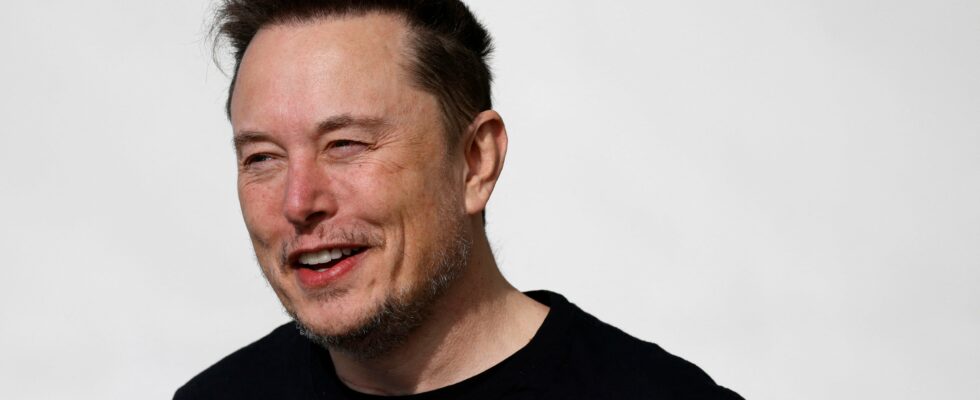Elon Musk, the richest man in the world, takes the helm of what looks like a national-populist international. I say “resembles” because if Giorgia Meloni, Javier Milei, Nigel Farage, Alice Weidel, Viktor Orban or Pierre Poilievre have in common that they arouse Musk’s interest, between the old European sovereignism of some and the fierce libertarianism of others, the anti-immigrationism of some and the migratory pragmatism of others, the societal liberalism of some and the conservatism of others, there is a gulf. It’s a nebula that Musk finances and supports, with money and dollars.
But there is another point in common between all its leaders or future leaders who are so many devils out of a box, unpredictable, transgressive, disturbing, sometimes crude, but obviously capable of convincing voters sickened by politics and distrustful to the point of conspiracy of the institutions supposed to protect them, instruct them, care for them, inform them, alleviate them, give them something to understand and hope, listen to them: they sound authentic, if not, and have understood how to address an individualism which no longer believes in the power or capabilities of the State. Would libertarianism then be the solution?
Have we entered the post-liberalism era? Libertarianism was born in Europe, in the heart of the 19th century, in the midst of socialist fever and the affirmation of statism. We could summarize this first libertarianism by Adam Smith and John Locke, in the 18th century, pushed to the limits of their coherence. But libertarianism, as we understand it today on American shores, was born at the end of the 1960s on a break with conservatives in the middle of the Cold War – refusal of the moral imperialism of ideas – then after a rapid bath in the radical left on the basis of a virulent antimilitarism, libertarianism emancipates itself to become above all an anti-statism, to different degrees – the anarcho-capitalism of Murray Rothbard or minarchism (State drastically reduced to regalism) by Robert Nozick. It is impossible to summarize libertarian ideas in a few lines as they are so abundant, but the common core of all springs from individual freedom and personal interest, voluntary association and private property. It is also good to remember that before the intellectual boom of the 1960s, libertarianism, shared between an anarchist left and an anti-socialist right, was largely involved in the abolition of slavery, women’s rights and the religious freedom.
Libertarianism, a salutary shock?
And then there is a cult novel, The Living Sourcebestseller by Ayn Rand (1905-1982). An ode to individualism and creativity, a brilliant critique of the evils of conformism and the birth of the objectivist thought of Ayn Rand, which flourished through contact with that of Ludwig von Mises, the theorist of laissez-faire. This libertarianism of the 1940s mainly includes women and metics, as if the uprooted and women, relegated to the margins of freedom, victims of coercive laws, could only develop a theory which more or less totally refused intervention. of any force under any pretext whatsoever on choices, inclinations, will, temperament, desire.
So we always come back to freedom, to the exercise of freedom. Sébastien Caré, in his article “Theoretical Roots of American Libertarianism” (2011), analyzes it as follows: “Between the potentially free man and the individual truly freed from all his chains, there is undeniably a gap that libertarians know recognize, and sometimes even regret, but a gap that, according to them, it is not up to the State to fill. While all political philosophies identify in these intervals the space for intervention. legitimate state, the libertarians see it as the impetus offering the individual to fulfill his potential by himself. By introducing himself between what man can become and what he really is, the libertarians believe that the. “The State would break nothing less than this momentum.” Could this be, in this gap, a response to the democratic crisis? Could libertarianism then be a salutary shock?
Abnousse Shalmani, committed against the obsession with identity, is a writer and journalist
.
